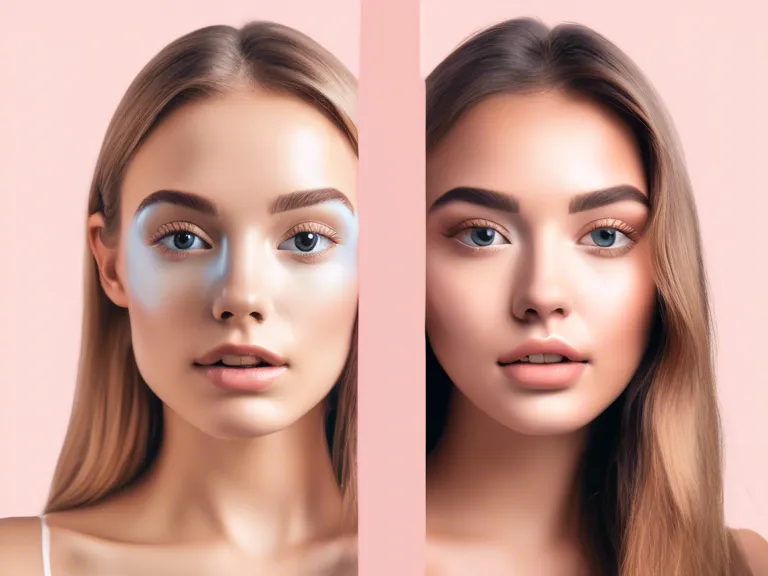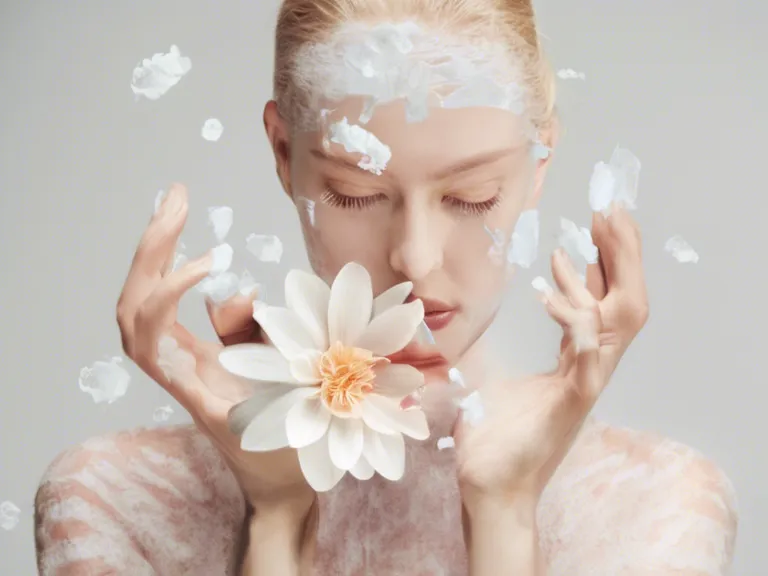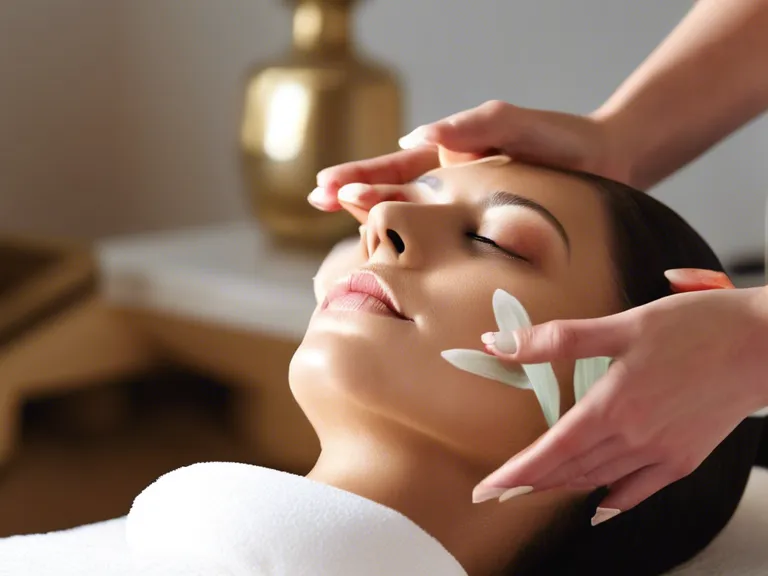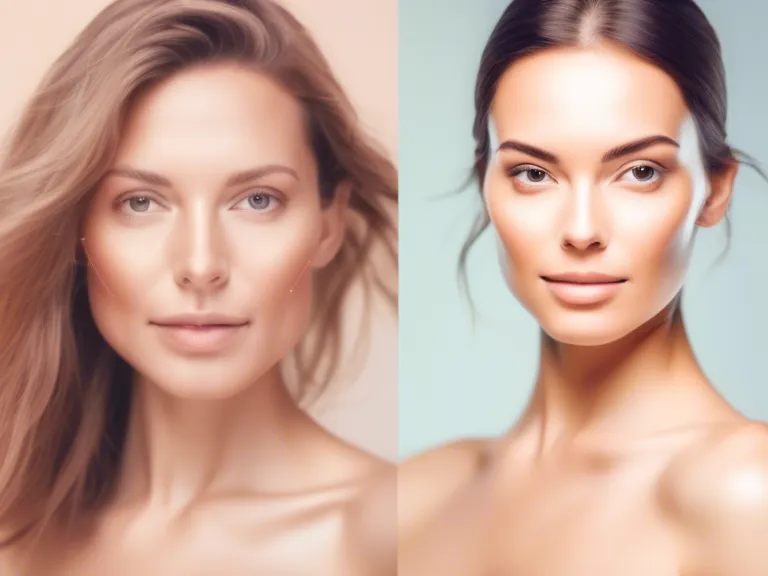
With the rise of social media and photo-sharing platforms, beauty filters have become a ubiquitous tool for enhancing and altering our appearances. While these filters may seem harmless at first glance, they can have a detrimental impact on our mental health. In this article, we explore the risks associated with relying on beauty filters for our self-esteem and offer tips for navigating their influence on our perception of beauty.
In today's digital age, it's easier than ever to sculpt and perfect our online image using beauty filters. These filters can smooth out imperfections, slim our faces, enlarge our eyes, and even change our facial structure entirely. The appeal of presenting a flawless and idealized version of ourselves to the world is undeniable, but it comes with significant consequences.
The widespread use of beauty filters has created a distorted standard of beauty that is unattainable in reality. It can lead to feelings of inadequacy and self-doubt when we compare ourselves to the flawless images we see online. This constant exposure to filtered perfection can erode our self-esteem and contribute to negative body image issues.
Moreover, relying on beauty filters to enhance our appearance can create a dependency on external validation. When we receive likes and compliments on our filtered photos, we may start to equate our self-worth with our online popularity. This can lead to a cycle of seeking validation through external sources and feeling disillusioned when our real-life selves don't measure up to our filtered personas.
To safeguard our mental health in the age of beauty filters, it's crucial to cultivate self-compassion and embrace our natural beauty. Instead of chasing after an unattainable standard of perfection, we should celebrate our unique features and imperfections. By practicing self-love and authenticity, we can resist the harmful effects of filtered beauty ideals and foster a healthier relationship with our self-image.



